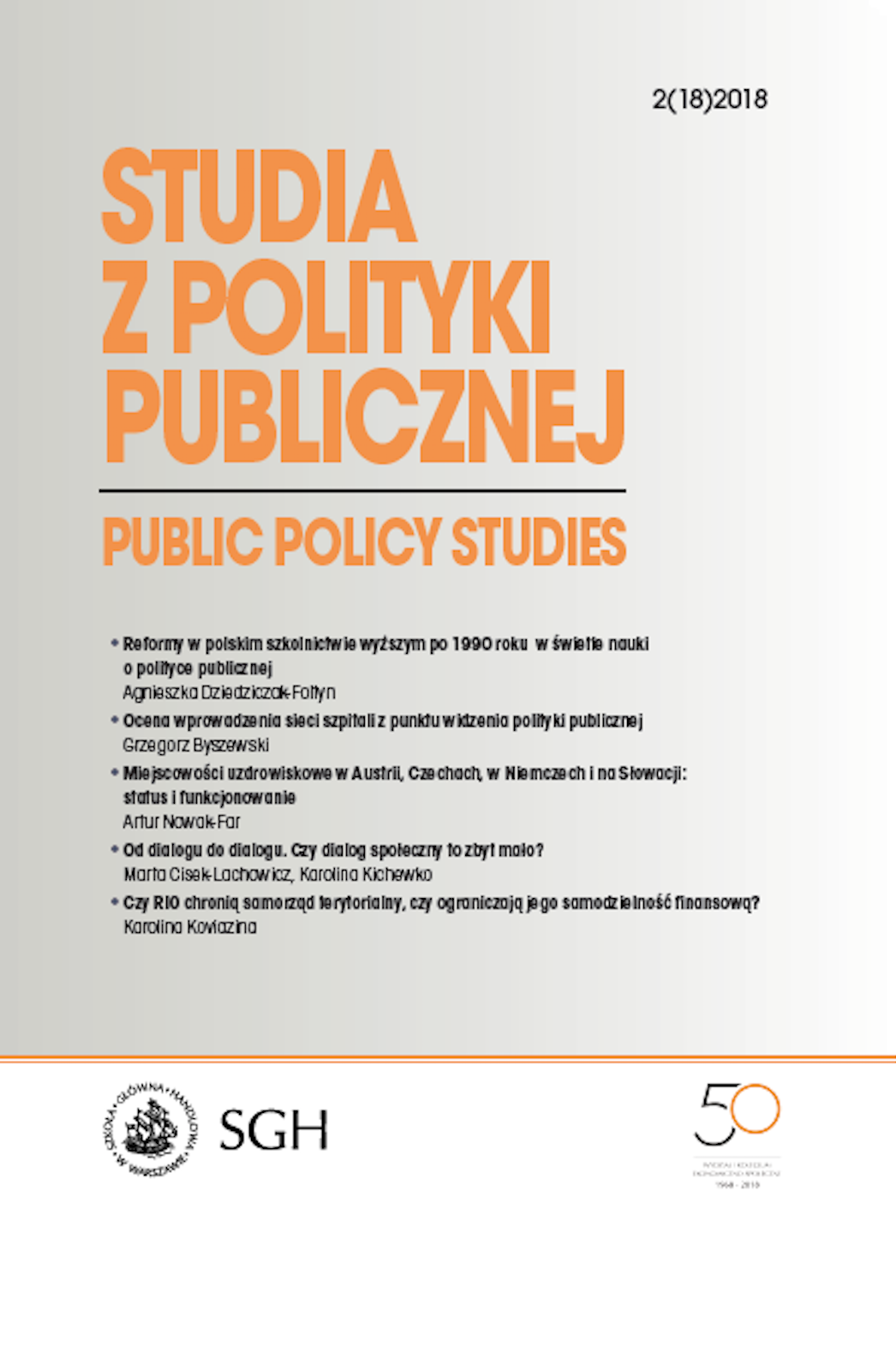The Colour Revolutions In The Post-Soviet Space: Illusion And Reality Of The Post-Soviet Civil Disobedience
The Colour Revolutions In The Post-Soviet Space: Illusion And Reality Of The Post-Soviet Civil Disobedience
Author(s): Krzysztof KozłowskiSubject(s): Politics, Social Sciences, Public Administration, Public Law
Published by: Szkoła Główna Handlowa w Warszawie
Keywords: the Colour Revolutions; Civil disobedience; regime change; the post-Soviet space
Summary/Abstract: The political events that took place at the end of 2003 in Georgia, in 2004 in Ukraine and in 2005 in Kyrgyzstan are popularly called the Rose, Orange and Tulip Revolution or collectively: the Colour Revolutions in the post-Soviet space. At first glance the term "revolution" may seem appropriate. The Colour Revolutions have resulted in the regime change in all the three states. However, from a decade-long perspective one may notice that the revolutionary changes in the political systems of Georgia, Ukraine and Kyrgyzstan did not actually take place. The post-revolutionary reality: the Russian-Georgian war and criminal charges against the revolutionary Georgian President Micheil Saakashvili, the infamous ending to the political career of the revolutionary leader Victor Yushchenko just four year after the Orange Revolution and the spectacular collapse of the Victor Yanukovych regime, which led to a hybrid warfare with Russia, or Kyrgyzstan's permanent political instability following the revolutionary events of 2005 require yet another insight into what has happened in Tbilisi, Kiev, and Bishkek. Without an in-depth analysis of the events, it is impossible to understand the fundamental social and political dynamics of the ongoing and future changes in Eastern Europe, the Caucasus or Central Asia. The re-evaluation of the Colour Revolutions is not only of historical importance, though. It is also a universal lesson concerning the most important challenge that all the democratic social movements active in the authoritarian or post-authoritarian states have to face: how to manage large-scale civil disobedience protests of a disappointed society while the ruling governments do not follow democratic rules and the international community does not fully comprehend the significance of the ongoing changes.
Journal: Studia z Polityki Publicznej
- Issue Year: 12/2016
- Issue No: 4
- Page Range: 135-151
- Page Count: 18
- Language: English

